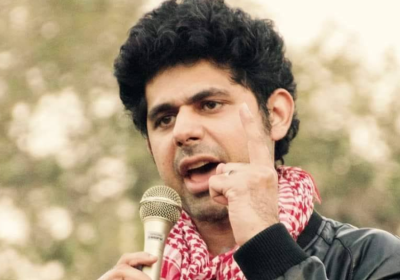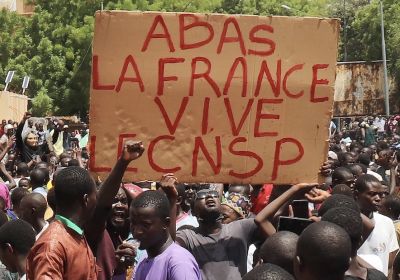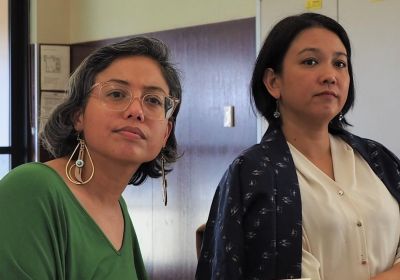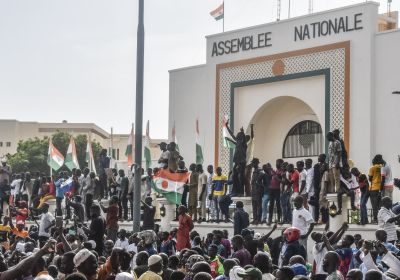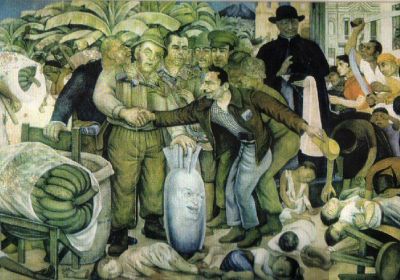
Under the Shadow is a forthcoming podcast series hosted by journalist and producer Michael Fox, which delves into the history of rebellions and interventions by the United States in Latin America. Green Left’s Federico Fuentes spoke to Fox about the upcoming first season.
